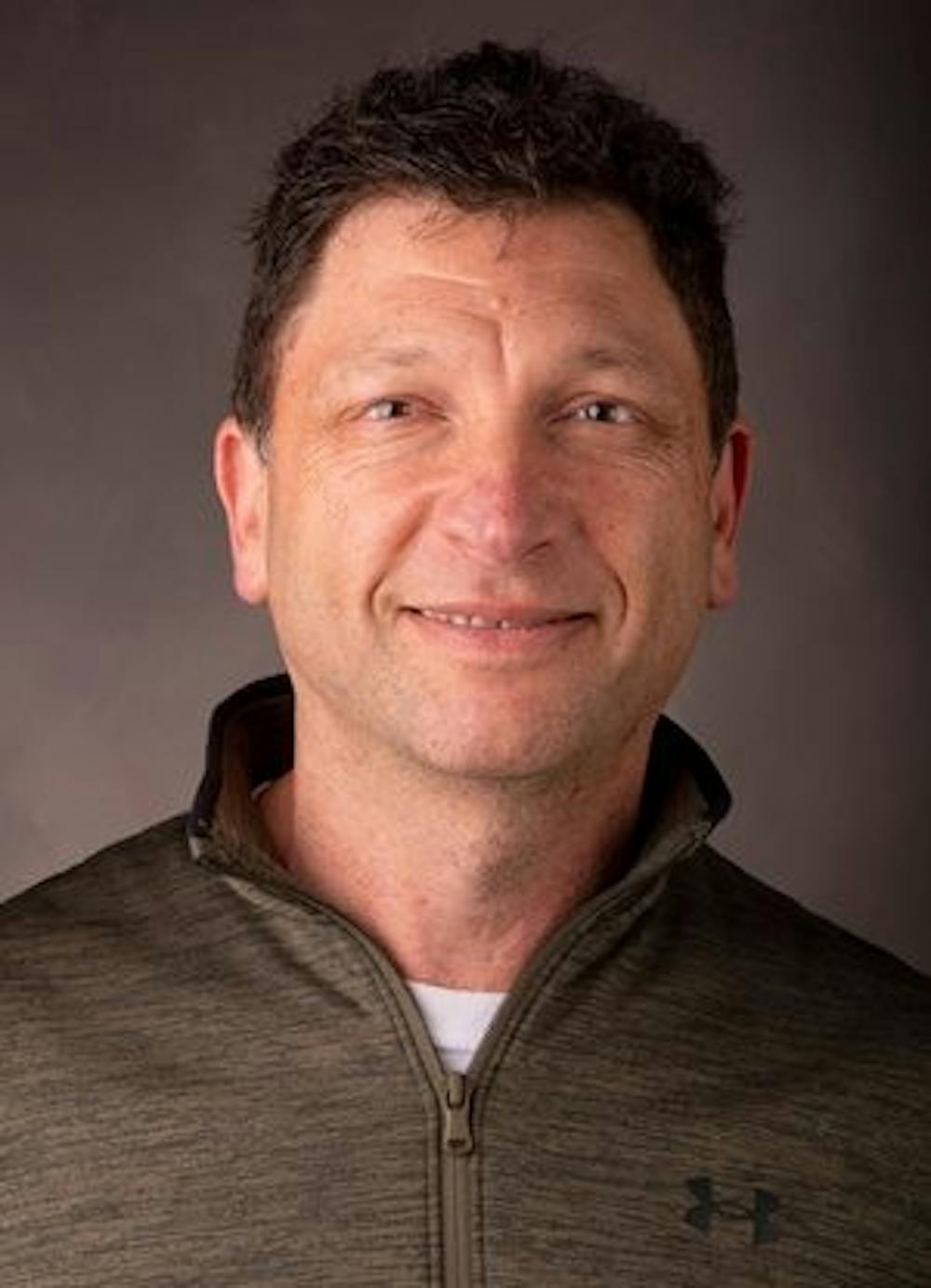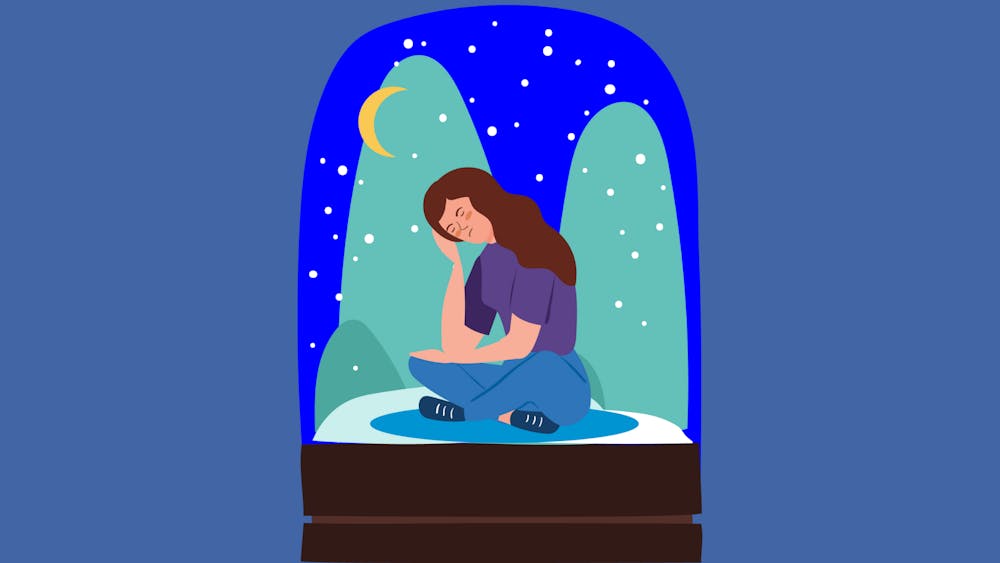
Dr. Bilal Ghandour is an assistant professor of psychology with expertise in anxiety disorders and self-harm behaviors. He is a licensed clinical psychologist and adviser to Active Minds, a club revolving around mental health stigma. Elon News Network spoke with Ghandour about what seasonal depression is, how it can impact Elon students and advice for how to overcome it.
This interview has been edited for clarity.
Can you explain what seasonal depression is in your own words?
“It's a disorder that impacts our moods that is closely connected to change in weather patterns. The potential disorder, that can develop when we have less light, is pretty similar to what happens when we shut down when it's dark; when we have less activity, when it's not the time to be about and active. It causes certain persons to be particularly afflicted by that when there is insufficient amount of daylight.
It's called seasonal affective disorder, but it affects mostly mood in the depressed state. You start feeling more incapable of engaging in activity, you get withdrawn, you feel more sad, and that's usually what that is.”
Can you discuss some of the symptoms of seasonal depression and how this differs from major depression disorder?
“It's still a tricky one because it doesn't have the same kind of confident manifestation as depression, where it's pretty clear with major depression what goes on. Although the symptoms are very similar, it's hard to determine why they occur, and the times that they do, because there are other factors that go along with that.
It could possibly be that you may not necessarily connect to the lack of daylight, but it could be with the lack of social activity in general. It could be perhaps that you end up working too many hours, and then you leave feeling a little depressed because you don't have much possibility to engage when there's light. It’s kind of difficult to determine whether it's literally a chemical change as a result of certain neurotransmitters that don't function as well anymore, or it’s an environmental change as a result of less activity being engaged in.
It’s the same thing to think about why, for example, alcoholism is more common, or certain disorders are more common in northern parts of the world where they have less light. It's not so much that there's something chemically that makes them depressed, but there's less to do with this less light, less possibility for involvement. And so then you start feeling differently and make different choices.”
What are your suggestions for coping with seasonal depression?
“The most important thing is to be prepared ahead of time because many, many folks have this impression that, ‘OK, I still feel good. It's going to be fine. Oh, maybe it's not going to hit me this time, so I'm alright.’ But if you've seen this pattern occur at least a couple of times, or a couple of years, then you got to be ready with specific coping skills. And what I mean by this is don't wait until it happens. When it happens, it becomes too late. The reason why it becomes too late is that your mood drops to such a point, and then our mind can't think clearly anymore — can’t think of alternatives, or to reach out or to talk to a friend, or read a book, or do a hobby, go to the gym. We stopped doing that.
But if you have prepared ahead of time, you already have your toolbox ready. The advice that I would give is to have more than one because it could very well be that on one particular day — even if it's your favorite thing in the world to go to the gym and run a couple of miles on the treadmill — maybe on that particular day you just don't feel like it. What's the alternative? Is it to talk to a friend, to reach out to a family member, to do a puzzle, solve problems?”
In terms of getting more light, do you suggest a sun lamp or getting outside more? What do you recommend?
“It's a tough one because a lot of people think that it really helps, but in this context, it is very hard to determine how much of this is placebo. Now, that is not to say that it's a problem if it's placebo if it has the effect of lifting your mood. First, placebo effects are real. What we mean by this is that maybe you can change the way you think about certain things so that you gain energy, gain trust in your ability to confront some difficulty. So there isn't any real overwhelming evidence that the actual light changes things at a neurochemical level, but certainly if one feels that it may make a difference, it definitely can.”
Do you have any final words?
“Try as much as you can. One approach is to be prepared. The other approach is not to be afraid of it, meaning that if you start feeling something is off, try as much as possible not to already catastrophize about what's going to happen next. And this is it because I know, I have my own practice as a clinician. I know that a lot of people, for instance, when the holiday hits, they already know that it's been a bad experience with them and it's always going to be taking place, so sure when something feels wrong don't immediately jump to the conclusion that it's got to be because the weather has changed. It could be the case, but feel more empowered to say, ‘Alright, what's my alternatives? What could be going on?’ That's different.
If you’ve exhausted those resources, and you figure out that there's really no trigger except that the weather has changed and there's less light, then remind yourself of what are the tools that you can use, one of the things that you can engage in, because when you isolate then it becomes this spinning and the snowball effect becomes harder and harder to get out of.”


